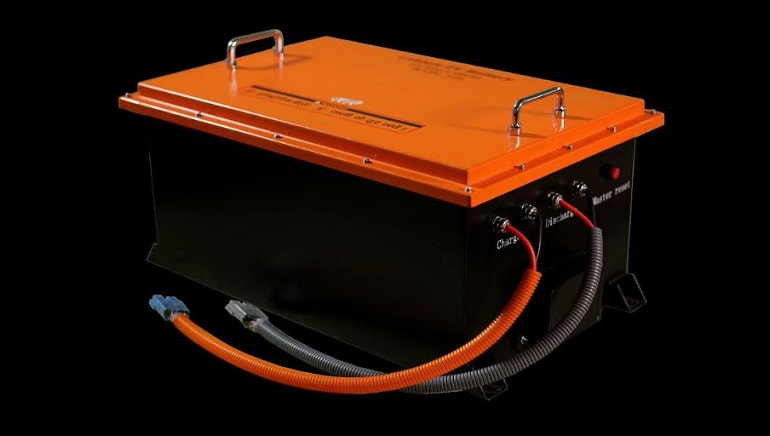Partnership aims to enhance battery recycling chain and reduce carbon footprint in Europe
Fortum Battery Recycling Oy and AMG Lithium GmbH have recently announced a preliminary agreement and signed a memorandum of understanding (MoU) to collaborate on the recycling of lithium salts and the production of battery-grade lithium hydroxide.
AMG Lithium, a subsidiary of AMG Critical Materials N.V., is constructing a lithium hydroxide production plant in Bitterfeld, Germany, while Fortum Battery Recycling operates a new hydrometallurgical recycling plant in Harjavalta, Finland.
The partnership between the two companies aims to enhance the battery recycling chain and contribute to reducing the carbon footprint associated with battery production. Fortum Battery Recycling is focused on efficiently recovering valuable metals from old electric vehicle lithium-ion batteries and recycling various waste fractions derived from the battery supply chain. Under the terms of the MoU, the recovered lithium product obtained by Fortum will be delivered to AMG Lithium for further processing.
Tero Holländer, Head for Battery business line at Fortum Battery Recycling, expressed enthusiasm about the cooperation with AMG Lithium, highlighting the shared commitment to sustainability and lowering carbon emissions. He also emphasized the importance of Fortum’s Harjavalta plant for the European battery recycling industry, stating that it signifies the growing demand for recycled battery materials and the need for efficient and sustainable solutions. Fortum aims to provide a closed-loop solution for the automotive and battery industries, enabling a true European supply chain.
Dr. Stefan Scherer, CEO of AMG Lithium GmbH, hailed the MoU as a significant step towards establishing an independent and sustainable lithium supply chain for Europe. He expressed eagerness to work together with Fortum to decarbonize and improve the lithium supply chain in battery recycling across Europe.
The collaboration between Fortum Battery Recycling and AMG Lithium not only holds the potential to advance the recycling of lithium salts but also to reduce Europe’s reliance on raw material imports and further reduce the CO2 footprint associated with battery production. This partnership represents a notable stride towards achieving a more sustainable and self-sufficient battery value chain in Europe.
FOLLOW US ON


